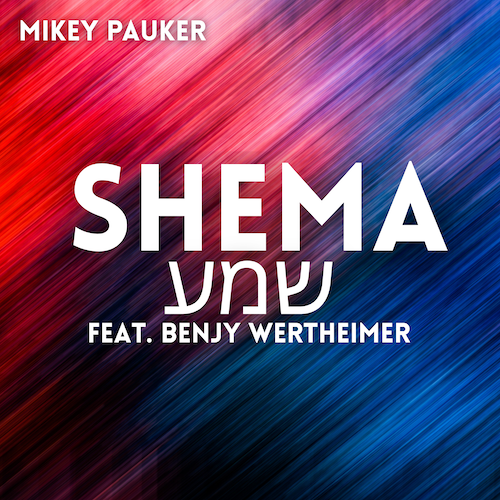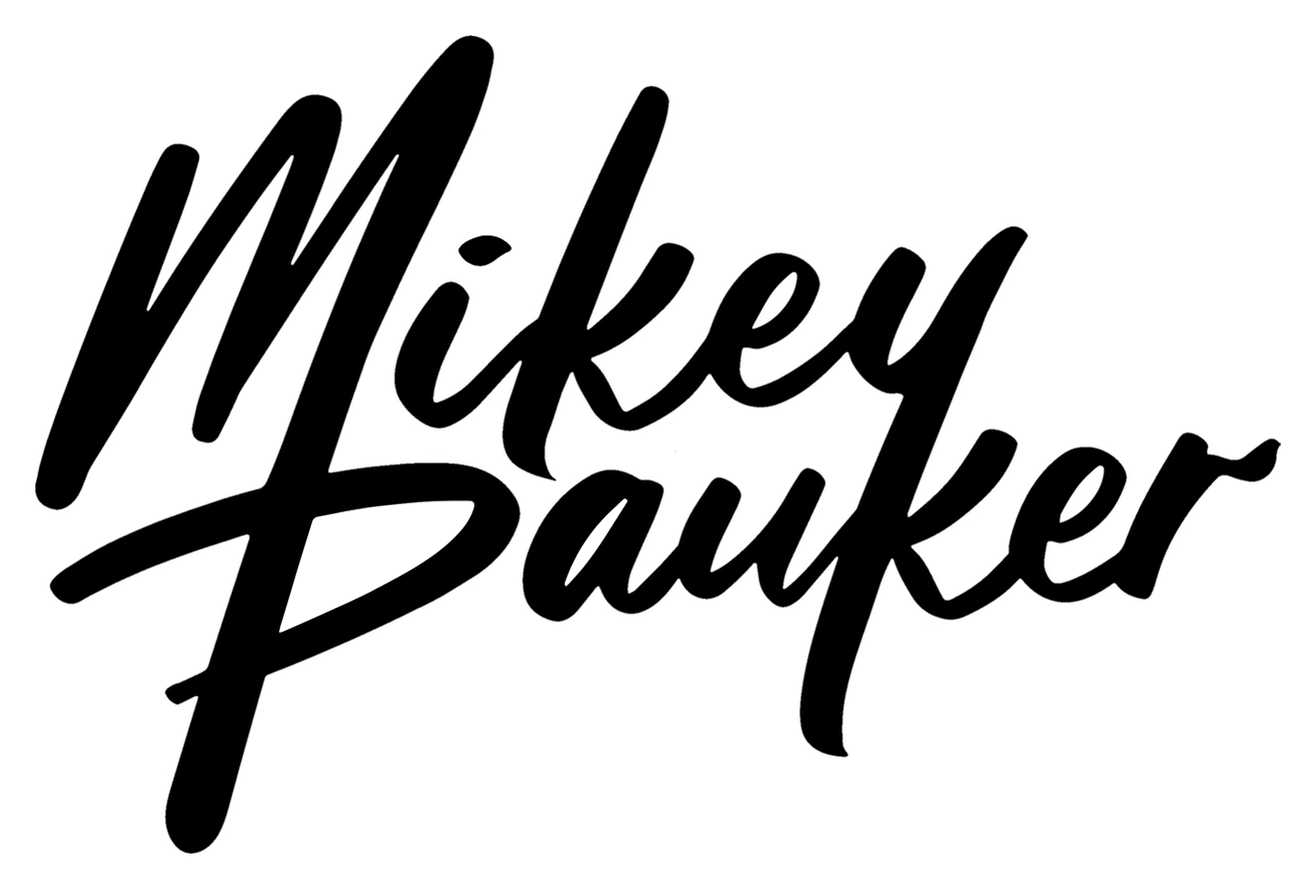Stream Shema Now!
Shema is more than a prayer. It is a call to listen.
To listen with the ears of the heart.
To listen to the wrestle within us.
To listen for Oneness.
Drawn from the Book of Deuteronomy 6:4, the Shema declares:
“Shema Yisrael, Adonai Eloheinu, Adonai Echad.”
Listen, Yisrael. Our God is One.
The word Yisrael can be translated as “angel wrestlers,” those who struggle with the Divine. In ancient kabbalistic teaching, “angels” are also understood as our emotions. To say Shema Yisrael is to say, Listen, Yisrael, angel wrestlers, our God is One. In the wrestling, we become whole. In the struggle, we embrace the totality of who we are.
With this new release, I am honored to share the first song in my new collection of Jewish chant music, a bridge between ancient liturgy and modern devotional sound. Inspired by the lineage of sacred world music and Kirtan artists such as Krishna Das, Jai Uttal, and Deva Premal and Miten, this recording layers harmonium, live looping, and beatbox textures with world instrumentation.
The track features two of my favorite Jewish voices, Chava Mirel and Melita, and the deeply moving Esraj of Benjy Wertheimer, best known for his work with Shantala, Krishna Das, and Ancient Future. The song is produced by Ben Leinbach, whose work has helped shape the devotional soundscape for artists like Jai Uttal and many others.
This release represents a new sound for me. Years ago, I befriended The Kirtan Rabbi, Rabbi Andrew Hahn, who invited me to help him lead Shabbat at Bhakti Fest. He gifted me his harmonium, and in the quiet of my home I began to learn this beautiful instrument and to yearn for a way to chant Hebrew through it.
Over the years, as I toured the world, I was invited to play at sacred music festivals and share the stage with artists such as Krishna Das, Shantala, Jai Uttal, Mayapuris, The Hanuman Project, Gaura Vani, and others. I fell deeply in love with these musicians and with the genre of chant music itself. Through study and reflection, I discovered that long before Kirtan became a devotional practice in India, our own Jewish ancestors were engaging in sacred call-and-response chant during the time of the First and Second Temples in Jerusalem. The Levites would sing call-and-response Psalms while the Kohanim made their offerings.
For years, I hesitated to create Jewish chant music on the harmonium, out of fear of cultural appropriation. Learning that our people have been practicing devotional chant for thousands of years helped me find the courage to share this music openly. I also learned that the harmonium itself originated in France and was first used in Gnostic Christian chant music before becoming a central instrument in Indian Kirtan. This realization deepened my sense that this instrument, too, carries a lineage of sacred bridge-building.
I chose to release Shema now, during Sukkot, the harvest festival, and nearly two years since 10/7, because it feels like the most aligned moment to offer a prayer of deep listening and renewal. The Shema is one of the central prayers in our daily liturgy, recited morning and evening, and its essence mirrors the heartbeat of these days: to pause, to listen, and to love.
These past two years have been deeply challenging for so many of us. This prayer has guided me to listen more closely to the yearnings of my heart, to slow down, and to hear both my inner voice and those around me. Through creating this music, I have found space to heal and to love more deeply, beginning with myself.
After 10/7, I began hosting interfaith gatherings with my local Muslim community here in Orange County, from shared dinners and mosque visits to interfaith concerts. These experiences have transformed my understanding of what it means to listen. In dialogue and prayer, I have met Muslim brothers and sisters who hold deep respect for my Jewish identity and my connection to Israel, even when we see things differently. Through this, I have discovered a profound sense of peace within my nervous system, the quiet strength that comes from true listening.
Shema is a prayer for this time, a call to remember that in our wrestling there is unity, and in our listening there is love


